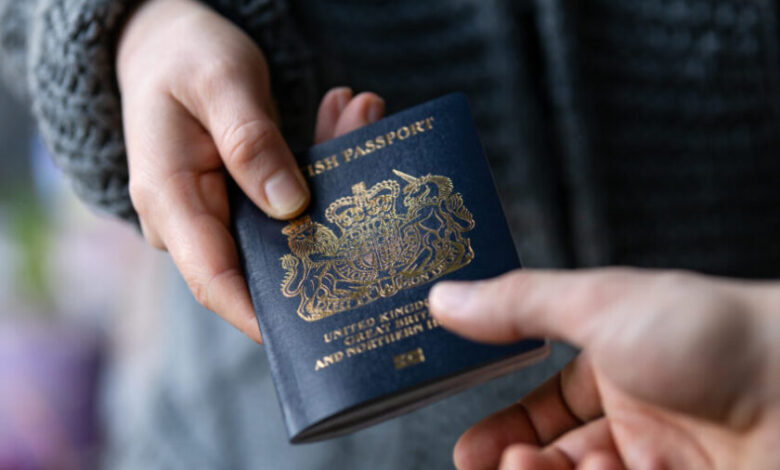British holidaymakers to face €7 EU visa waiver by next summer

British holidaymakers planning trips to Europe will soon need to budget for a €7 visa waiver as the EU prepares to introduce its European Travel Information and Authorisation System (ETIAS) by the middle of next year.
The EU has confirmed that the scheme, which applies to over 60 non-EU countries including the UK, is scheduled to begin “in the first half of 2025.”
EU Home Affairs Commissioner Ylva Johansson, speaking at the announcement of the related Entry/Exit System (EES), indicated that the visa waiver could be operational in time for the May half-term holiday in 2025. The EES, which will require non-EU travellers to register their fingerprints and a photo in lieu of traditional passport stamps, is set to go live on 10 November this year.
The ETIAS system will function similarly to the US ESTA, necessitating an online application before travel. Once approved, the waiver will be valid for three years or until the traveller’s passport expires, whichever comes first. This will cover travel to the Schengen Area, encompassing most EU states as well as Iceland, Liechtenstein, Norway, and Switzerland.
The Home Office has stated that further details on the ETIAS rollout are expected from the EU “in due course.”
This update coincides with the much-anticipated launch of the EES, which has faced multiple delays. Commissioner Johansson emphasised that the EES would bring stringent digital border controls to “every single airport,” “harbour,” and “road into Europe,” enhancing security across the continent.
Last year, over 700 million tourists visited Europe, and the new systems are intended to bolster security by ensuring stricter monitoring of entries and exits. “We will know if people stay too long,” Johansson said, adding that the systems will make it more difficult for individuals using fake passports, including criminals and spies, to enter the EU.
Understanding the EES and ETIAS
The EES will require travellers entering the EU to submit fingerprints, a photograph, and passport details during an initial registration process. This registration is valid for three years and will replace the need for passport stamps, although it is expected to add at least two minutes to the current border processing time per passenger, potentially leading to longer queues.
The ETIAS, on the other hand, will apply to citizens from countries that currently do not require a visa to enter the Schengen Area. While the €7 fee is modest compared to the $14 charged for the US ESTA, the requirement reflects the EU’s efforts to enhance border security amid ongoing concerns over migration and terrorism.
The application process is designed to be quick, with most approvals granted automatically within minutes. However, more complex cases could take up to 72 hours, and in exceptional situations, up to four weeks. The fee applies to travellers aged 18 to 70, with exemptions for children and seniors over 70.
British travellers will need to complete the ETIAS application online or via a mobile app, providing passport information and answering questions related to criminal records and medical history. While the procedural step is small, it marks a significant change for UK citizens accustomed to visa-free travel within Europe.





